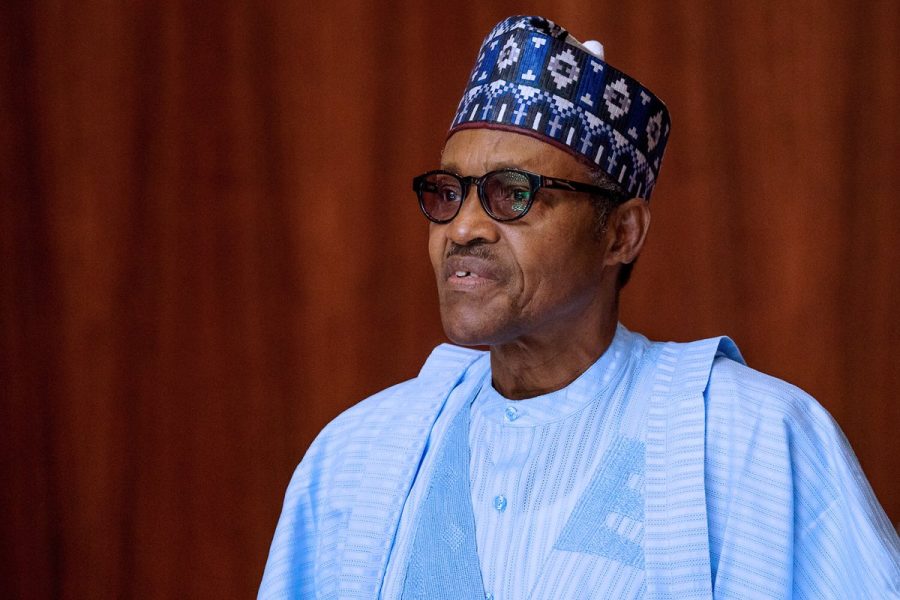Article summary
- Nigerian Government launches economic policies aimed at women’s empowerment and gender equality, including the National Women’s Economic Empowerment (WEE) Policy and the Development Partners Group on Gender (DPGG) Equality Women’s Coordination Strategic framework for 2023-2028.
- The WEE Policy builds on existing gender policies and aims to address disparities faced by women in accessing financial benefits and opportunities in various sectors.
- The initiatives seek to enhance gender equality, reduce poverty, and coordinate efforts among development partners to promote women’s rights and empowerment in Nigeria.
The Nigerian government inaugurated economic policies on Friday aimed at closing Nigeria’s gender pay gap and women’s empowerment.
The FG launched the National Women’s Economic Empowerment (WEE) Policy, Nigeria Country Gender Equality Profile, and the Development Partners Group on Gender (DPGG) Equality Women’s Coordination Strategic framework for 2023-2028.
The schemes were inaugurated by Mrs. Pauline Tallen, Minister of Women Affairs, in Abuja on Friday by the Federal Ministry of Women Affairs (FMoWA) in collaboration with the Federal Ministry of Finance, Budget, and National Planning.
Empowerment
Mrs. Pauline Tallen, Minister of Women Affairs, said the programme would address policy gaps and catalyse multisectoral partnerships to drive women’s economic empowerment and gender equality in Nigeria. Noting that women in Nigeria face disparities in accessing financial benefits as well as in economic, political, and social spheres, in spite of their huge contribution in all areas of society, she added:
- “We had to seek ways to change these narratives, resulting in the National WEE Policy and Action Plan being launched today.
- ” The WEE Policy of the Federal Government of Nigeria builds on the National Gender Policy and other gender-relevant sectoral policies.
- ” The WEE Policy combines expert perspectives, government priorities, and the grassroots voices of Nigerian women engaged over the course of the past 24 months to propose high impact.
- ” The policy draws attention to key sectors, where most Nigerian women and girls are employed or likely to pursue livelihoods, such as agriculture, entrepreneurship, the traditional labour market, education, and skills.”
Objectives
The Minister also noted that the policy will also recognise cross-cutting enablers such as Women’s Financial Inclusion (WFI), literacy, digital innovation, literacy, access, household, workplace, and community support structures.
She added the Gender Equality Profile and the DPGG Gender Equality Women’s Empowerment Coordination Strategic Framework 2023-2028 to enhance gender equality and reduce poverty.
- ” Its existence, and even more so, this strategy note, is a testament to the potential and power of coordinated efforts to deliver on our shared goals and aspirations.
- “To see and live in a Nigeria where the rights of women, girls, and vulnerable persons are truly respected in all ramifications.”
Mrs. Ene Obi, Nigeria’s Country Director, ActionAid, said the strategic framework would enable all the Development Partners Group on Gender (DPGG) to coordinate all their programmes on gender equality, women’s empowerment, and poverty eradication in the country.
- ” This framework will help the DPGG as a collective to address most of the coordination issues around gender and women’s rights interventions.”









.gif)






